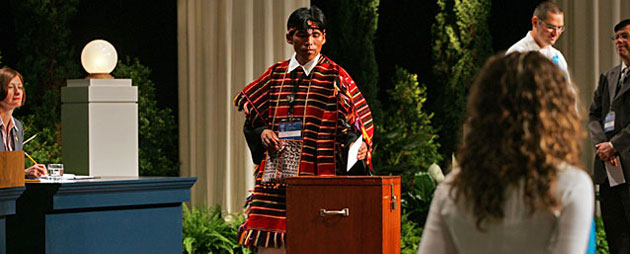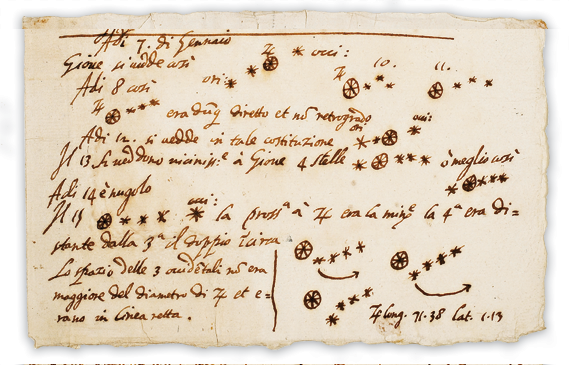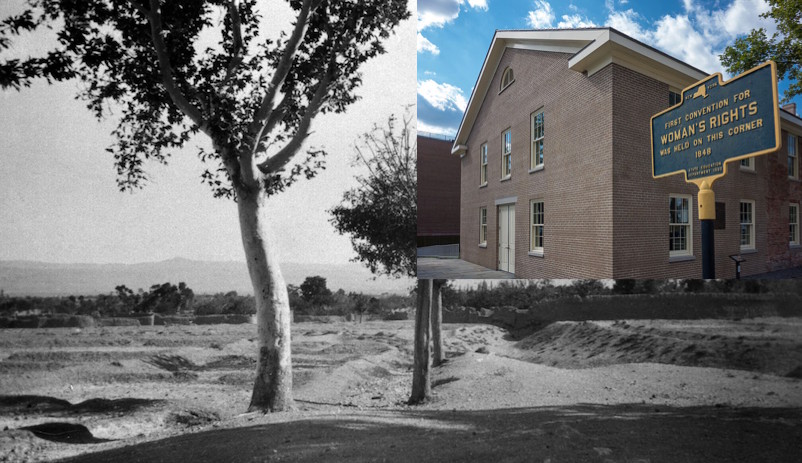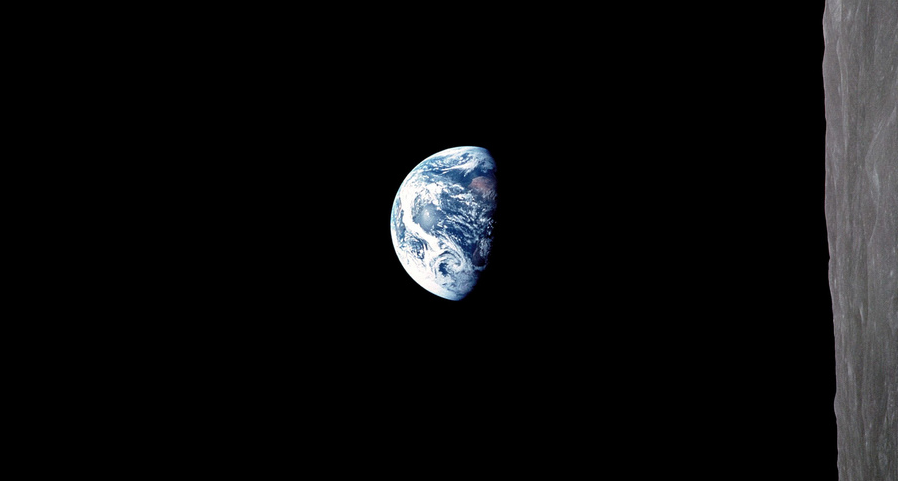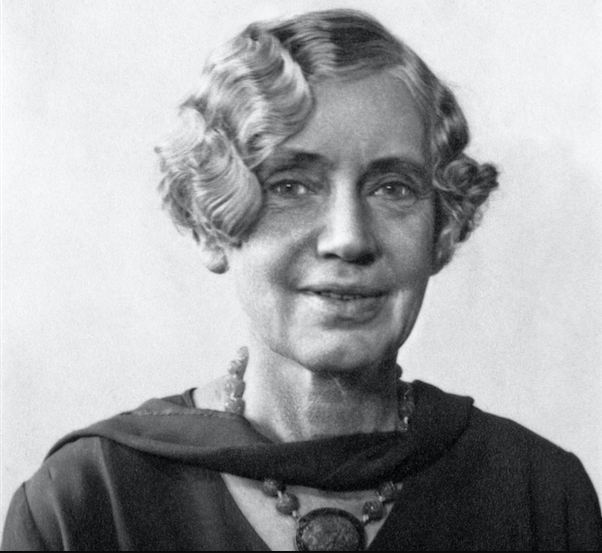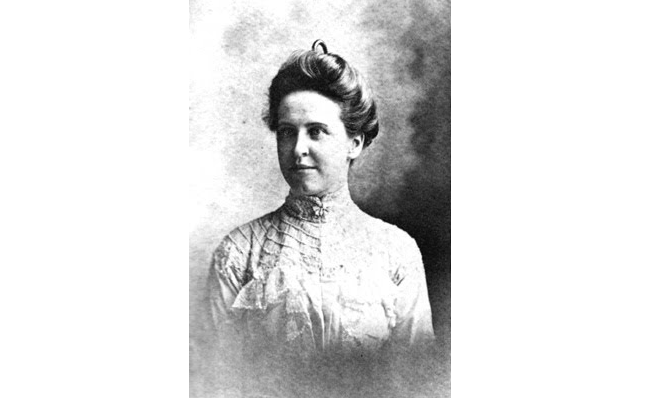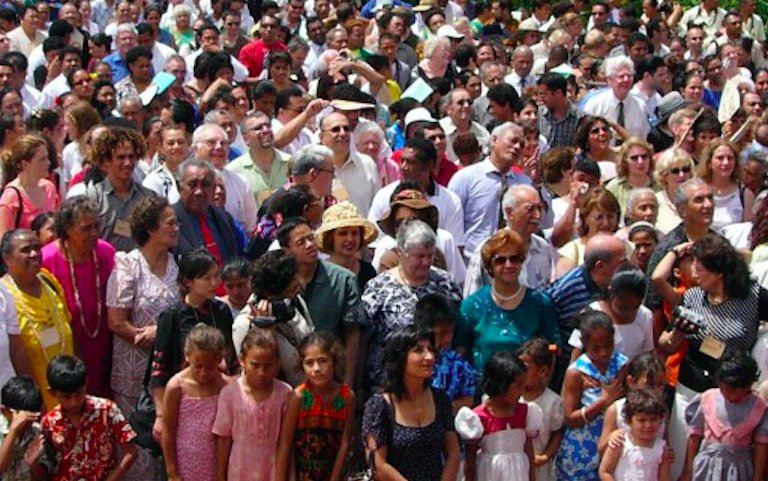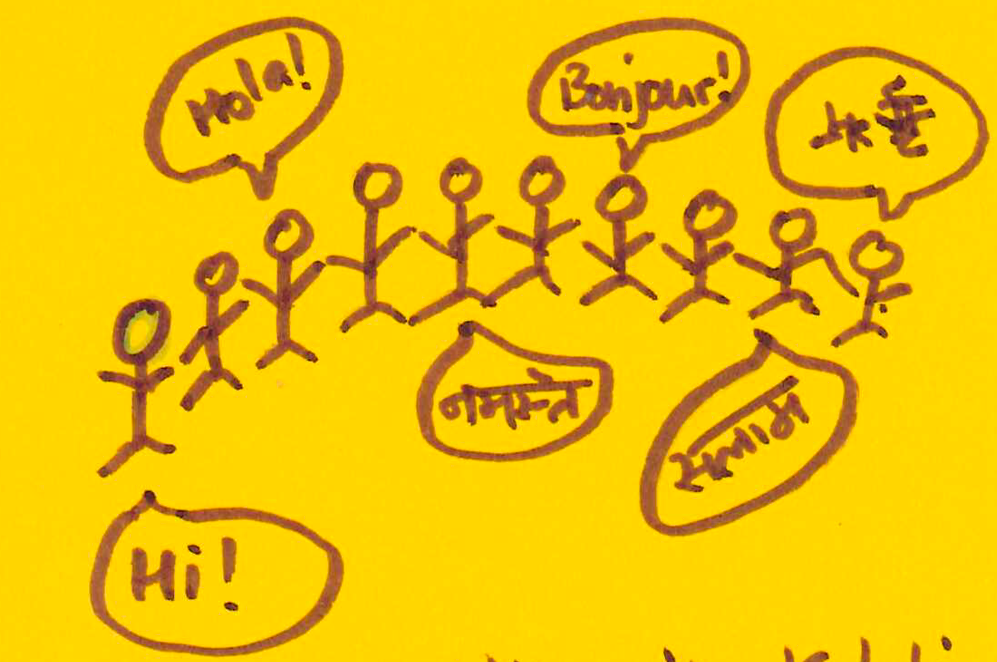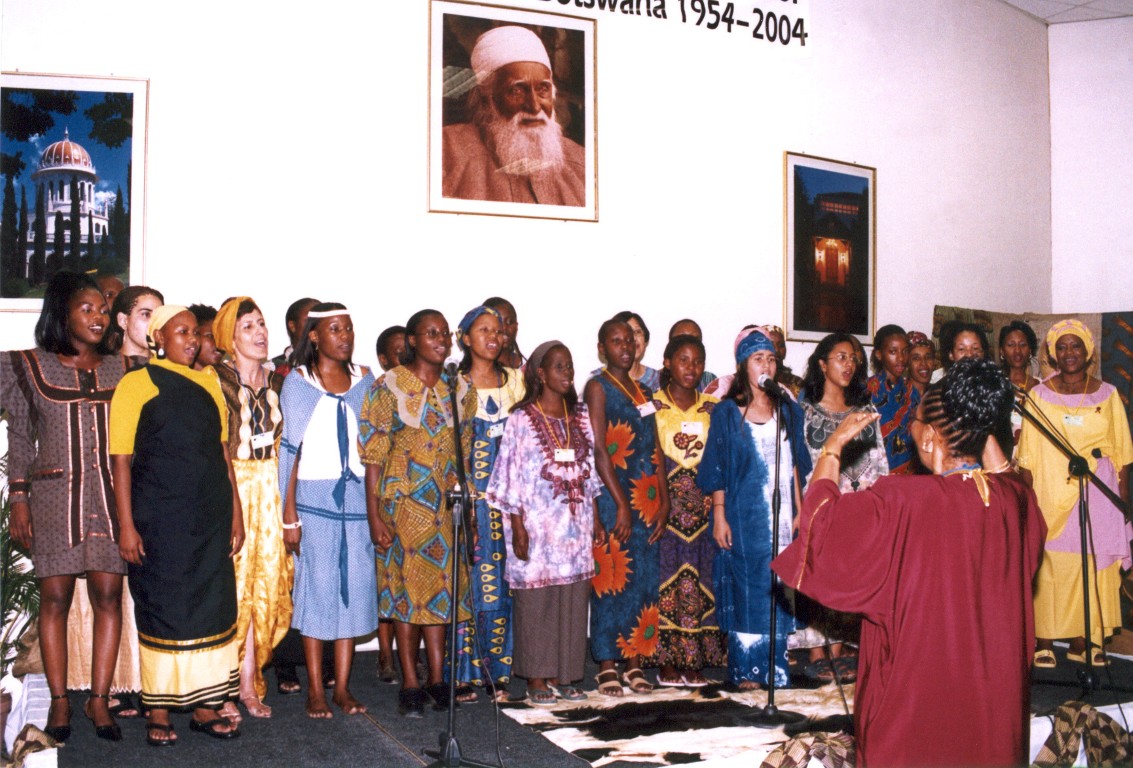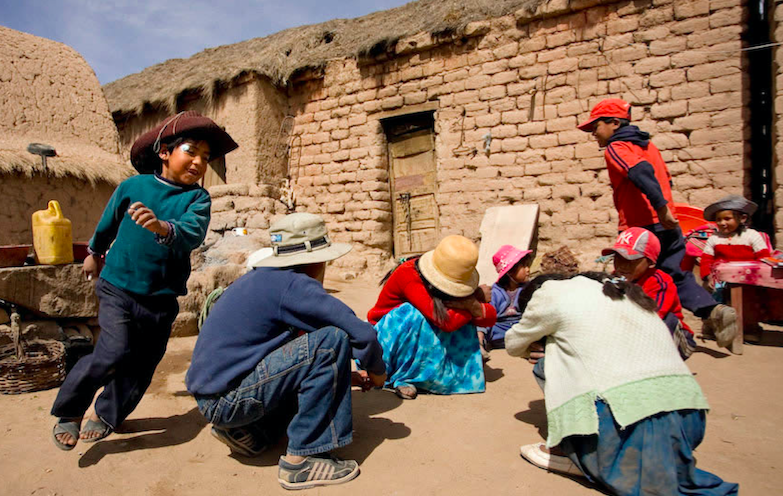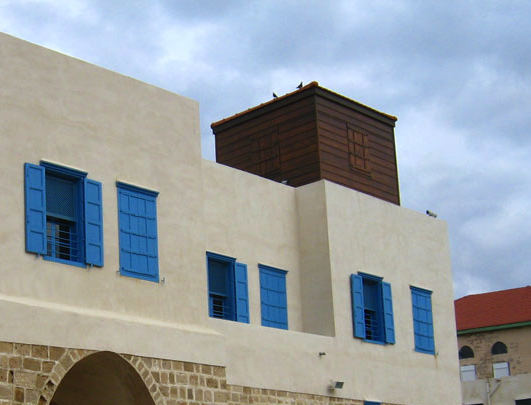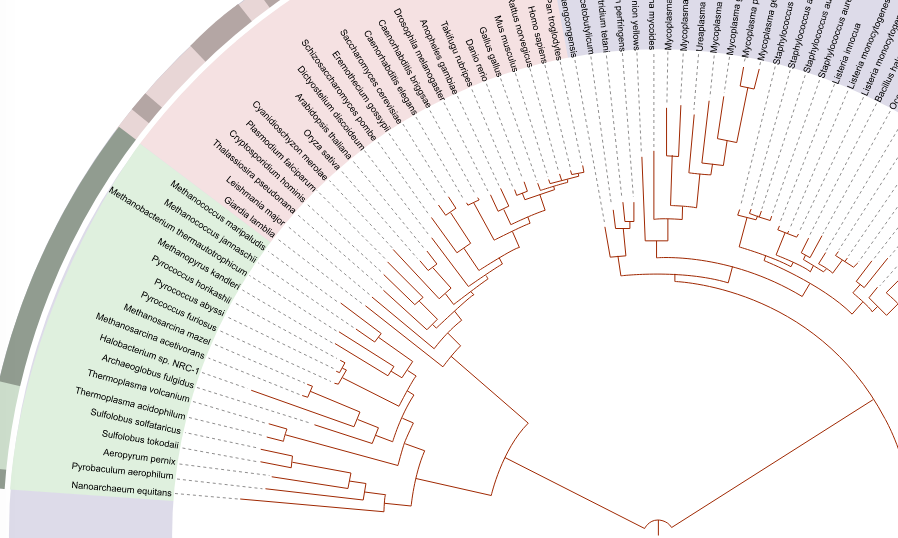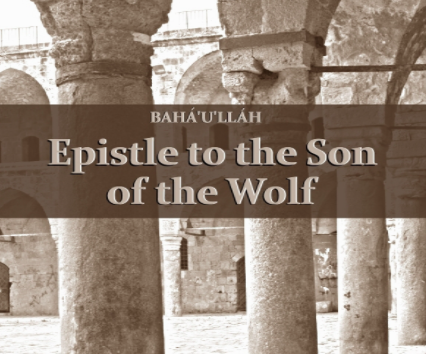-
Oneness of Humanity: A Sense of Community and a Glass of Water — the Baha’i Feast
In Bahá’u’lláh’s teachings, the oneness of humanity is nurtured through an interconnected network of concepts that address human unity at many levels. Among those concepts is the simple action of gathering together. The concept is found in the call of followers of different religions to associate together in friendship. It is also found in the Baha’i Feast. … it is enjoined upon you to offer a feast, once in every month, though only water be served; for God hath purposed to bind hearts together, albeit through both earthly and heavenly means.[1] This concept has been elaborated over time to form the Baha’i institution known as the Nineteen Day Feast, held…
-
Oneness of Humanity — Reconstruction and Demilitarisation of the Entire World
When you say you believe in the oneness of humanity, sometimes people think you are making a “motherhood and apple pie” statement. “Let’s all love each other”. It’s true that in one sense that’s exactly what it means. But it also implies far more. Shoghi Effendi, Bahá’u’lláh’s great-grandson, in the 1930’s and in the lead up to World War II, provided an analysis of the implications of this principle. Let there be no mistake. The principle of the Oneness of Mankind — the pivot round which all the teachings of Bahá’u’lláh revolve — is no mere outburst of ignorant emotionalism or an expression of vague and pious hope…. It calls…
-
Martha Root — An Astonishing Life
Today I am at a Baha’i meeting, and I want to say thank you for the blessing of having such times in my life. To each and every soul who helps to make so many of those gatherings a veritable corner of paradise — thank you. This morning we are reflecting on the life of Martha Root, a woman whose life was inspired and transformed by Bahá’u’lláh. We will be reading about her life as introduced on the website bahaiteachings.org. I hope you can join us in spirit and read along. In one of his earlier works, the Hidden Words, Bahá’u’lláh observes that “words are the property of all alike” and that “guidance hath ever been given…
-
Human Nature: Hidden Gems and Tempered Steel
Bahá’u’lláh often calls us to rise to the positive potential we have within us. The words he uses evoke a rich imagery of human nature. Regard man as a mine rich in gems of inestimable value. Education can, alone, cause it to reveal its treasures, and enable mankind to benefit therefrom.[1] Or here: Thou art even as a finely tempered sword concealed in the darkness of its sheath and its value hidden from the artificer’s knowledge. Wherefore come forth from the sheath of self and desire that thy worth may be made resplendent and manifest unto all the world.[2] Or here: Out of the essence of knowledge I gave thee…
-
All Things Made New: Humanity’s Coming of Age
Who can doubt that we live in a new age? Our times are profoundly different to the past. So different as to be entirely unprecedented. We live, indeed, at the threshhold of humanity’s coming of age. The inadequate terminologies that capture the “newness” of our times include terms such as the industrial age, the information age, the Anthropocene and modernity. Societies which had undergone relatively little change in centuries or millennia have been entirely reshaped. Relations between the genders have broken out of a strict hierarchy that stretches back to the beginning of agriculture. Relations between government and citizen, likewise, have been entirely reshaped compared to the past. Human equality…
-
Bahá’u’lláh’s Call for a Common Language for the World
We live on the same planet, we breathe the same air, we belong to the same community of humankind. Yet we don’t speak the same language. Often we can’t understand each other at all. Many times we struggle to communicate well. It’s clear enough what an impediment the absence of a common human language is to peace and understanding in the world. Bahá’u’lláh calls for the adoption of such a language. It is incumbent upon all nations to appoint some men of understanding and erudition to convene a gathering and through joint consultation choose one language from among the varied existing languages, or create a new one, to be taught to…
-
‘Abdu’l-Bahá and the Pivot of the Oneness of Humankind
In this series of articles, ‘Abdu’l-Bahá, Bahá’u’lláh’s eldest son, is already a familiar point of reference. We have seen ‘Abdu’l-Bahá in action in his journeys to the West, undertaken in the last decade of his life. During these journeys he promoted principles from his father’s teachings such as the oneness of humanity, the abolition of prejudice, the equality of men and women and the abolition of extremes of wealth and poverty. A description of ‘Abdu’l-Bahá during those journeys gives a sense of who he was: Tirelessly, He expounded the teachings in every social space: in homes and mission halls, churches and synagogues, parks and public squares, railway carriages and ocean liners,…
-
Bahá’u’lláh’s Abolition of Slavery
Bahá’u’lláh came to emancipate human beings from slavery. This statement is true in more senses than one. Bahá’u’lláh explicitly institutes an abolition of slavery in his teachings. It is forbidden you to trade in slaves, be they men or women. It is not for him who is himself a servant to buy another of God’s servants, and this hath been prohibited in His Holy Tablet…. Let no man exalt himself above another; all are but bondslaves before the Lord, and all exemplify the truth that there is none other God but Him.[1] He also freed slaves in practice. Bahá’u’lláh was the son of a noble family of Iran. In his early life, the…
-
On the Origin and Nature of Evil
Bahá’u’lláh’s writings emphasize the “better angels” of human nature: our potential for good. This call to rise to the positive potential inherent in us, coupled with avoidance of judgementalism, has shaped a culture of encouragement and mutual support that frames Baha’i community life. Nonetheless, Bahá’u’lláh also discusses the nature of evil. He calls us to a new understanding of what evil is and how it finds expression in the world. Ancient concepts of “demons” and “satan” are explained as symbols of the fallibility of human nature. This reconceptualization demolishes notions of mythic evil beings beyond human control. At the same time, it underlines our individual and collective responsibility to overcome evil in the world. As ‘Abdu’l-Bahá, Bahá’u’lláh’s…

